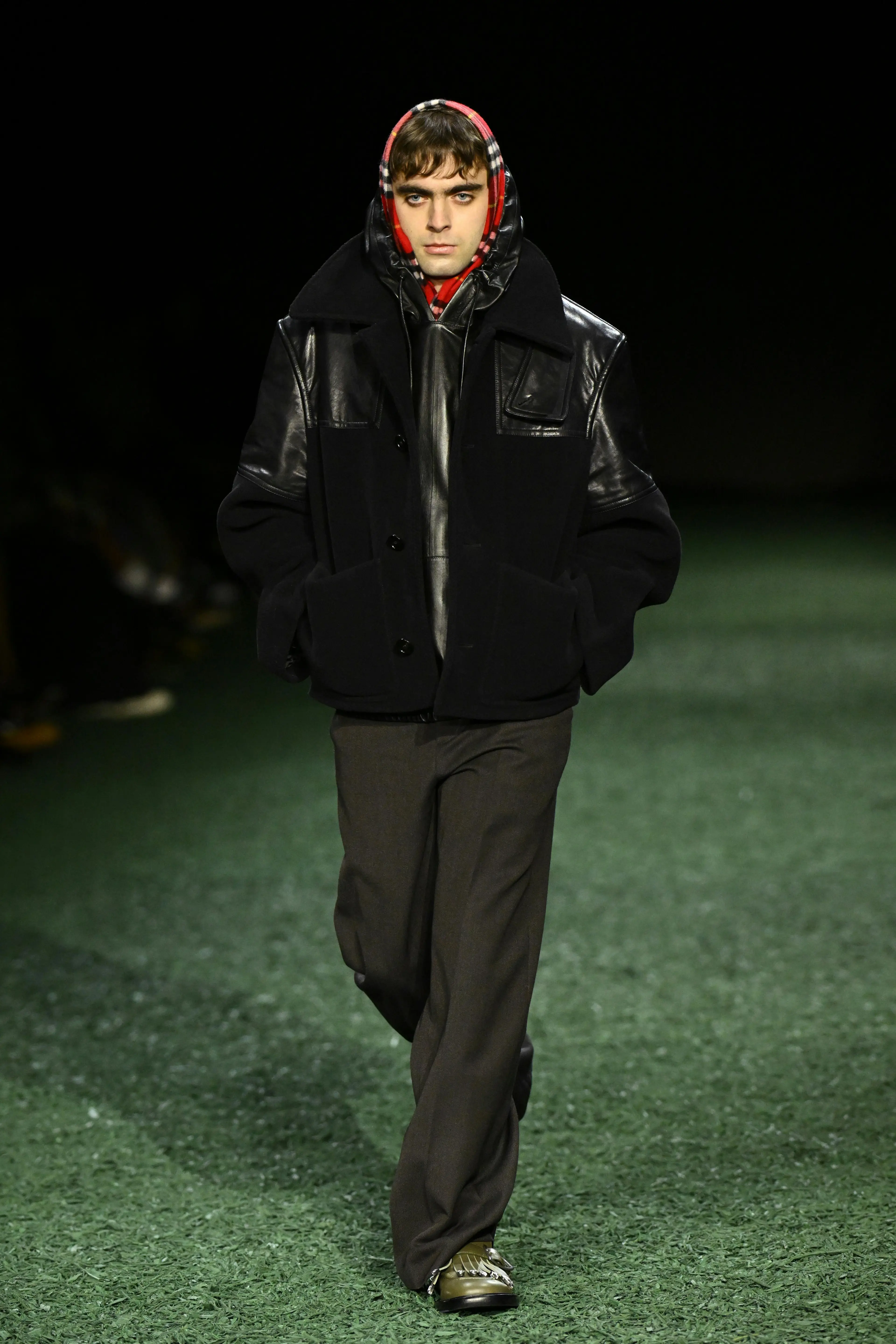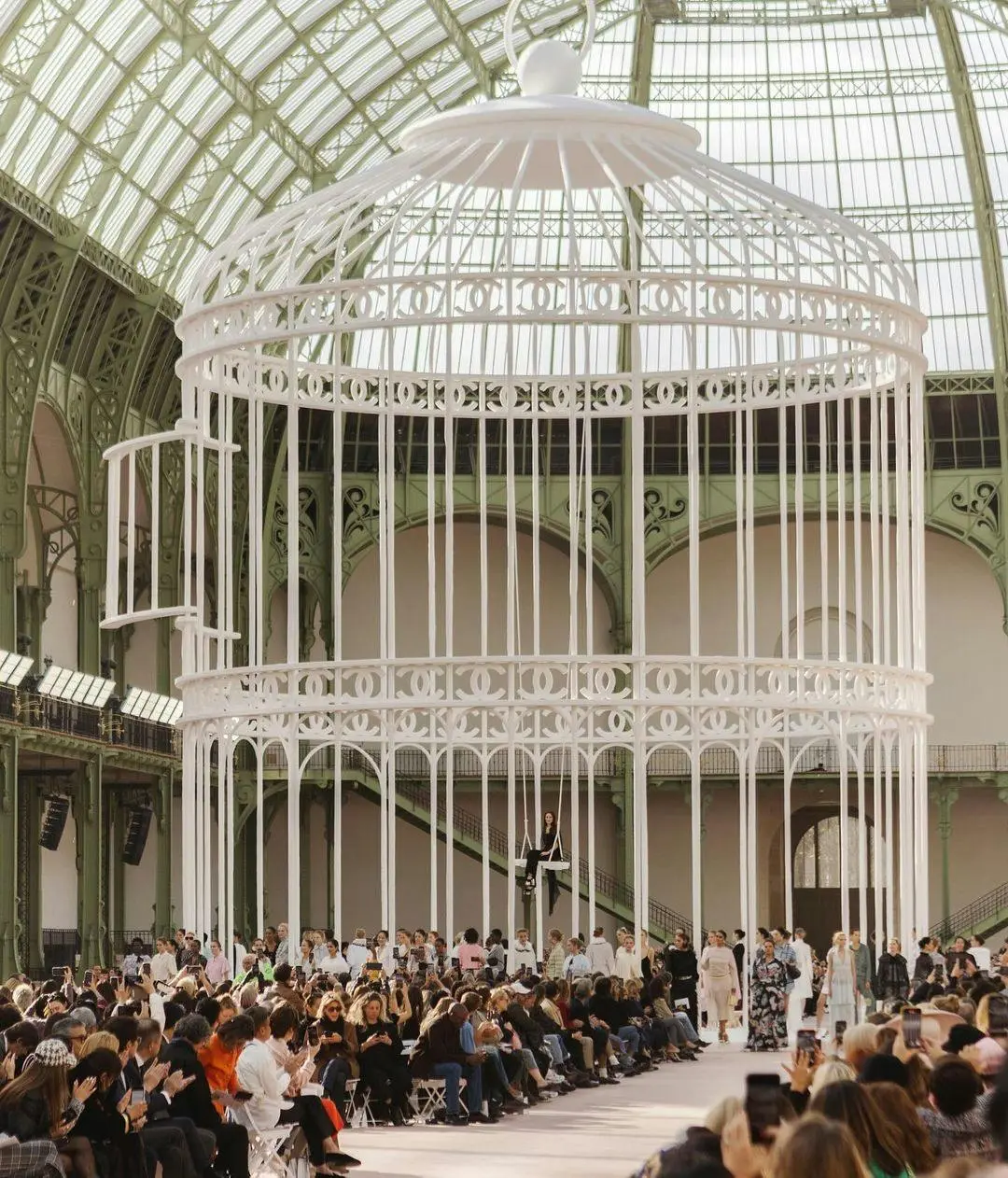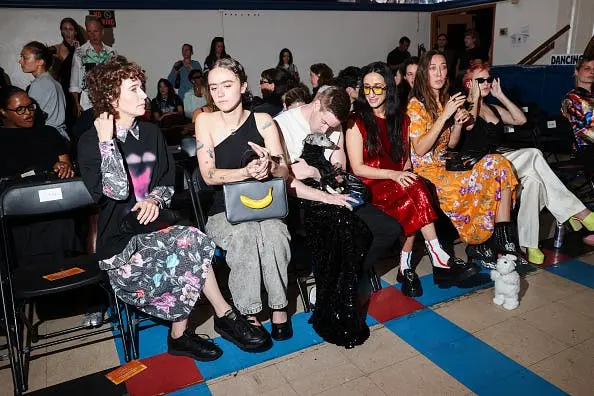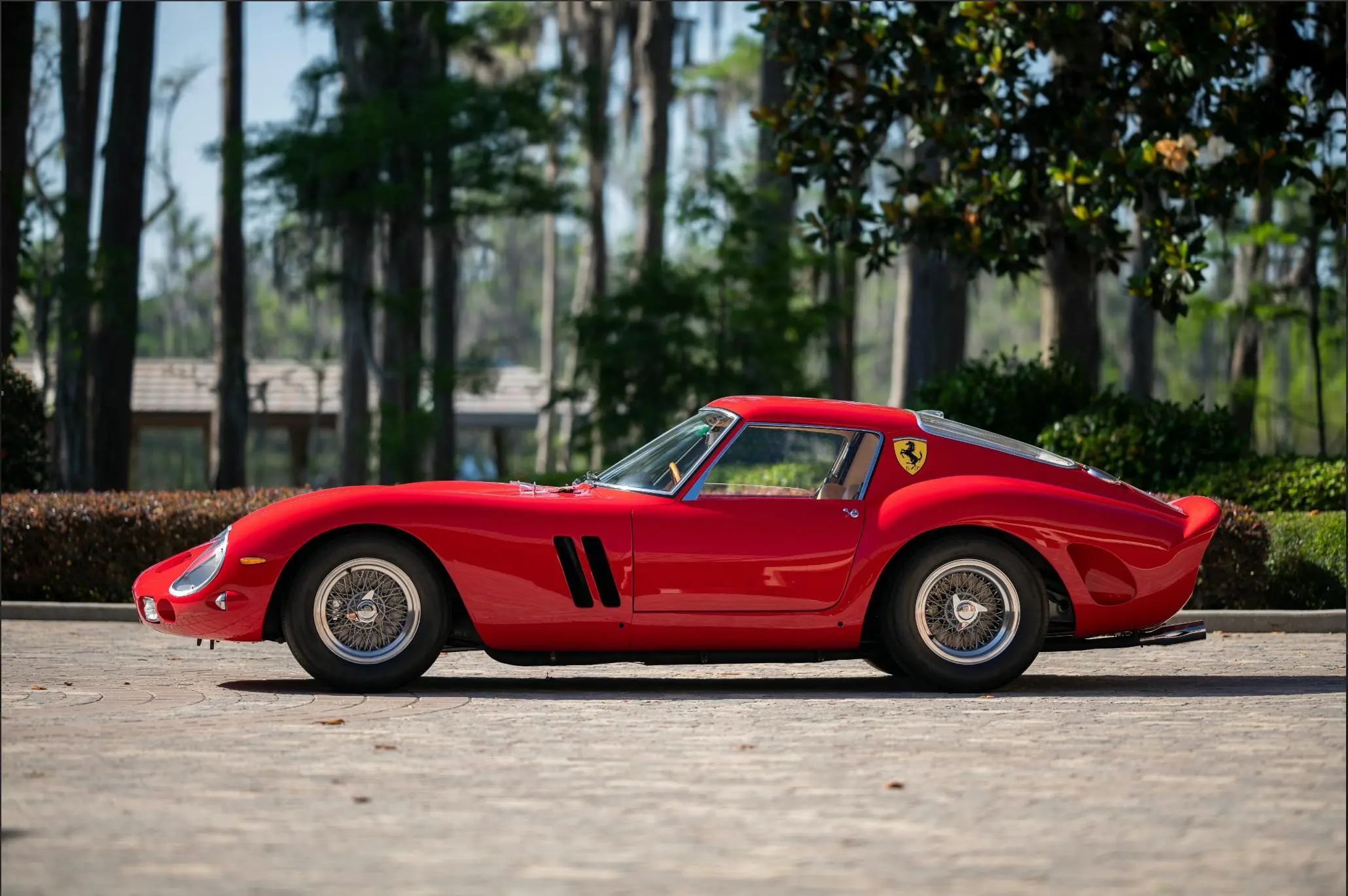Lennon Gallagher About His Band, Automotion, and His Modeling Career
The post-punk band Automotion is in its infancy

Yet, it possesses enough propeller to revolutionize music with the acuity that shook the world of art the way John Cage and Marcel Duchamp do so. Their EP on Spotify drops soon.
With a certain British flair to him, the thick, dark eyebrows surrounding light eyes, and his attitude - which might at first give one an impression of being aloof - Lennon Gallagher is quite an epitome of his father, Liam Gallagher, former frontman and cofounder of Oasis. He is also a twin brother of son and daughter who are not identical with the mother, actress and singer Patsy Kensit.
Lennon has established himself in the fashion world, having appeared in Burberry's campaign for Spring/Summer 2024 and strutting the catwalks of MSGM, Ami Paris, Lanvin, Kenzo, and Saint Laurent. Above all, though, Lennon is a musician—a lead vocalist and guitarist with the band Automotion, fronted by Jesse Hitchman, Otis Eatwell-Hurst on drums, and Finton Hurst on bass. For the themes inspiring their lyrics, the band draws from some of the great literary figures: William S. Burroughs and Charles Bukowski. But as for the sound, they pay homage to krautrock legends Neu! and the unique style of Robert Fripp. Following the release of their EPs "In Motion," "Ecstatic Oscillations," and "Artificial Ascent," the band is primed for their next project.
L'OFFICIEL HOMMES ITALIA: What inspired you to pursue a career in modeling?
LENNON GALLAGHER: When I was sixteen, I was walking around Brick Lane in an army jacket, and this talent scout from an agency passed me, asked if I modeled, and I said yes. So when I got home, I told my mum, and she gave me some contacts. Before I knew it, I was signing up with Models 1, and I am still with them to this day.
LOHI: What draws you to the fashion world?
LG: I think my parents are both kind of fashion crazy, so that's a good influence on my own style, in one way.
LOHI: Whom do you admire the most as a designer?
LG: First of all, I love what Daniel Lee has done with Bottega Veneta and what he's doing at Burberry now; that's just totally brilliant. I also like Demna. Even if he's a bit controversial sometimes.
LOHI: What do you despise about the system of fashion?
LG: Casting is boring but you just have to get through with it. It's pretty dull sometimes.
LOHI: If you could have any photographer take your portrait, who would it be?
LG: I'd love to work again with David Bailey; he did a Zara Man campaign that I love.
LOHI: Your father and uncle are both mad about football. Are you?
LG: Yeah, I support Manchester City and watch as many games as possible, like them.
LOHI: What kind of music do you listen to?
LG: Oh, definitely The Beatles. Always. Been with me since early days. Always loved Swans and Godspeed You! Black Emperor for the amazing music. Slint's been a significant influence on my education about music and, I think, everyone in Automotion.
LOHI: What do you do in your free time?
LG: I love reading, just walking around parks, and staring up at the sky in general, butterflies, and birds. Most of all, I sleep a lot and work hard with my band—we rehearse multiple days a week.
LOHI: So how did Automotion start?
JESSE HITCHMAN (Automotion vocals and guitar): Lennon and I met in school and started playing together. We later found our drummer, Otis Eatwell-Hurst. We had a couple of other bass players throughout the process, but now we have Finton Hurst, who's great.
LOHI: You've mentioned inspirations by Duchamp and Cage. What interests you about them?
JH: Our interest in Cage and Duchamp comes from the need to make something new. We often wonder how we would have managed to do that. The idea of experimental practice taking one to uncharted territory is so fascinating. It has become really difficult to define what is new in today's context because any new work has to be placed within an already existing framework. So far, we have not managed to achieve a moment of revelation. That was when Cage and Duchamp started, and they changed everything in a whole way; it's changing what is key to both art and the artist. We're trying to forge our own path, but on a much different scale.
LOHI: Is there a band inspiring you right now?
JH: I think we can all agree on Radiohead.
LOHI: What have you been working on?
JH: We are soon to be releasing an EP, which will be almost similar to the last EP, "Artificial Ascent," but even more polished than that. Hopefully, with the next release, there will be a lot of evolution too.
LOHI: What has it been like working in a band while combining different personalities?
LG: It's hell, at times, fantastic. We are all friends and have shared some unforgettable moments.
LOHI: That's really cool. You once studied acting at university in London, right?
LG: Yeah, I did an intense course with a professor from the Guildhall School of Music and Drama, but I didn't actually go to the school. Realized my goals had changed over time and at this point in my life, I'm not actually focused on acting.
LOHI: What's your vision for the future?
LG: As a band, we want to be able to play as much as we can and make music that means something. Does anyone else have anything they'd like to add?
JH: "Making nice music" is perhaps the worst phrase; more fitting might be striving to create music anew.
OTIS EATWELL-HURST (drummer): I would love to play live frequently and introduce our music to new audiences. I would love to tour Italy!
LOHI: Lennon, in an earlier interview you mentioned wanting a good life without regrets. If there was one thing you could change about your life, what would it be?
LG: Twenty years on, I'd stand by that wholly. I wouldn't change a thing; I feel lucky, and I know why.
FINTON HURST (bassist): You should maybe change your guitar.
LG: Oh, absolutely! I'd love to change my guitar—it's awful! And hopefully get rid of a few pairs of socks that desperately need goodbye!



